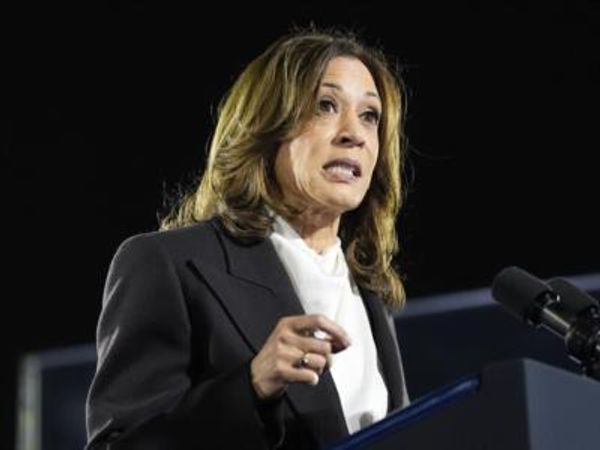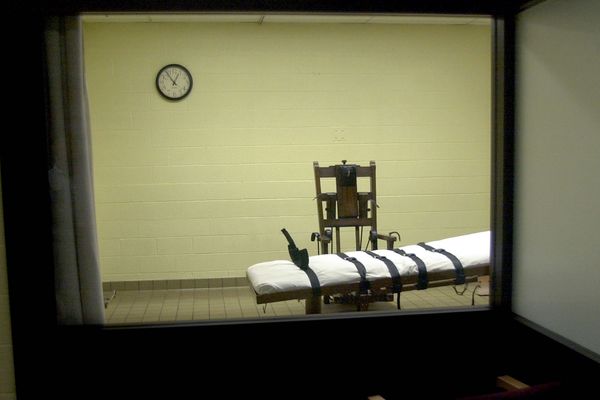On Jan. 13, 2022, Alaskans for Better Government submitted about 56,200 signatures for the ballot initiative. The ballot initiative would provide for formal state recognition of federally recognized American Indian tribes in Alaska.
Alaska has a signature distribution requirement, which requires that signatures equal to 7% of the vote in the last general election must be collected in each of three-fourths of the 40 Alaska House of Representatives districts. The campaign reported that signatures were collected from each of the 40 legislative districts. To qualify for the ballot, 36,140 of the signatures must be valid. Signatures needed to be submitted before the Alaska State Legislature convenes on Jan. 18, 2022. If the lieutenant governor certifies enough signatures as valid, the legislature can approve the indirect initiative or equivalent legislation, keeping the measure off the ballot. If the legislature does not enact the initiative, it will appear on the November 2022 ballot.
Alaskans for Better Government said, “This would create a long overdue permanent government-to-government relationship between the State and our Alaska Native Tribes. The math is quite simple: 1 + 1 = 2. With a respectful partnership we’ll have more ways to enhance the lives of Alaskans by streamlining services; partnering to amplify federal and state funding for deep, sustainable, and long-term impact; and tapping in to the 10,000 plus years of Indigenous brilliance, diversity, and knowledge of our Native homelands that so many now call home. The basis of any good relationship is respect, and too often when sovereign governments cannot work together our Tribal peoples disproportionately bear the price of injustice, diminishing equity, liberty, and freedoms for all.”
According to campaign finance reports covering information through Jan. 7, 2022, the Alaskans for Better Government campaign had raised $622,092 and has spent $485,759. The top donors were the Sixteen Thirty Fund ($500,000) and Tides Advocacy ($100,000).
Attorney General Treg Taylor (R) issued a review of the ballot initiative, stating that “[i]t is not clear whether the state recognition… would have any legal effect on the relationship between tribes and the State.” Taylor also noted that Legislative Legal Services analyzed a similar bill, concluding that “the bill would not have any legal effect, because the United States and Alaska Supreme Courts have already held that federally recognized tribes are sovereign entities.”[3] Richard Chalyee Éesh Peterson, President of the Central Council of Tlingit and Haida Indian Tribes of Alaska, said, “As we try to build communities, build a better Alaska, it’s about relationships. And so the fact that the state of Alaska doesn’t recognize us currently is kind of a barrier in the building blocks, right? So that’s what it really comes down to.”
From 2000 to 2020, 45 statewide measures have been on the ballot in Alaska. Of the 45 measures, 22 were approved (48.89%) and 23 were defeated (51.11%).
Learn More






